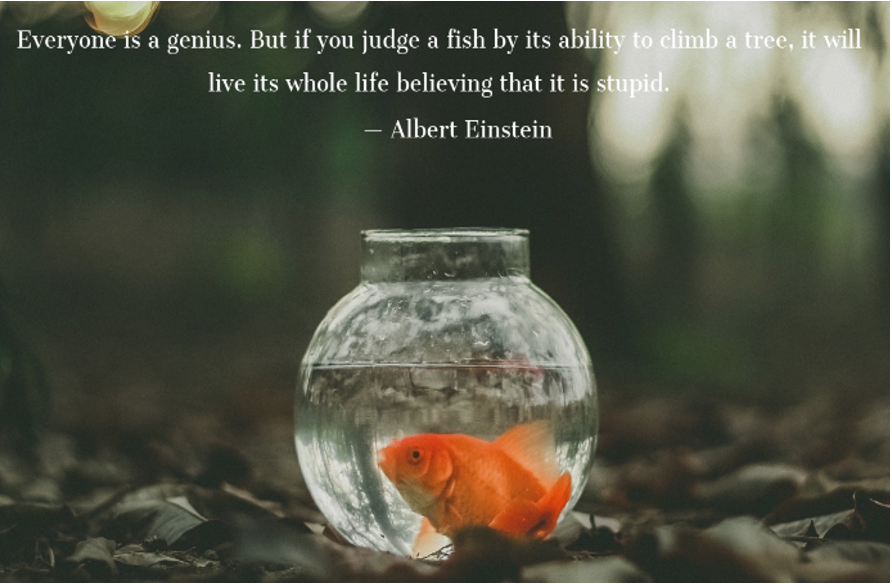We are delighted to introduce a guest blog by our colleague Teresa Shiels, whose insights encourage us to think about some of the challenges faced by students with disabilities in higher education.

The environment of third level education is an important site of power that facilitates the dominance of certain groups over others through language and discourse (Freire, 2000). The focus of this blog is on the sometimes oppressive culture in the environment of higher education that often leads to the marginalization of disabled students. Discourse is the medium through which power is exercised; it is associated with the transmission of norms, values, and beliefs, which leads to intended or unintended assumptions about members of the disabled community. Creating knowledge that is dominated by popular culture and medical discourse overemphasizes normative physical and cognitive abilities, downplaying the recognition of difference and diversity. For example, the International Symbol of Access (ISA) is signified by a picture of a wheelchair and represents the dominance of a simplistic view of access for students with disabilities, that is, physical access. This depiction strips away the embodied experience for students whose impairments are not always visible, but still have adverse impacts, for example neuro-diverse students. This image “produces, capacitates, and debilitates disability in particular ways” (Frisch, 2013, p.135), which is often not valued within the neoliberalist higher education community.
Having a disability or “impairment, activity limitations or participation restrictions that results from the health condition or from personal, societal, or environmental factors in the individual’s life” (Falvo, 2013, p.5), makes a student more likely a target of incivility. Uncivil behaviours such as interrupting and talking over someone, use of sarcasm or demeaning tone and language, character criticisms and insults are rude and discourteous and display a lack of regard for others (Anderson and Pearson, 1999, p.457). Disabled learners are particularly vulnerable to these insulting and sometimes unconscious behaviours with the rise of performativity and competition. Given that incivility is subtle, these uncivil social interactions can create many adverse emotions. Students internalise these and can become burnt out from the stress of navigating this environment. In this context, Reeve (2006), refers to the feelings that one incorporates about themselves that hinder or prevent them from participating as fully as possible in these settings. In so doing they demonstrate the embodied experiences of students and processes of meaning making, self-image or self-understanding (Tajfel, 1979), which impact their well-being and ability to participate. Therefore, they can often fail their academic subjects; experience stress and even drop out of college consequently.
However, the creation of a more inclusive environment is possible through voice, and advocacy. Open and honest dialogue is vital for the creation of a safe and an empowering educational space for students with disabilities that facilitates participation and learning. There has been several advances within positive organisational behaviour advocating the ideas of psychological capital. This concept includes ideas of hope, optimism, self-efficacy, and resilience. Evidence shows that these attributes enhance performance, satisfaction, happiness, and organisational commitment (Youssef, Luthans and Avolio, 2007). But these ideas place too much of an emphasis on the individual rather than focusing on the environment and the organisational response. Members of the higher educational community should treat students with disabilities with care, dignity and respect that recognizes difference and their capabilities to participate within the organisation and call out destructive behaviour that aims to destroy one’s character and professional development.
Teresa Shiels
Bibliography
Andersson, L. M., & Pearson, C. M. (1999). Tit for tat? The spiraling effect of incivility in the workplace. The Academy of Management Review, 24, 452–471. doi:10.5465/AMR.1999.220213117
Falvo, D. (2013). Medical and psychosocial aspects of chronic illness and disability. Jones & Bartlett Learning
Freire, P. (2000). Pedagogy of the oppressed (30th anniv. ed.). New York: Continuum, 35.
Fritsch, K. (2013). The neoliberal circulation of affects: Happiness, accessibility and the capacitation of disability as wheelchair. Health, Culture and Society, 5(1), 135-149.
Luthans, F., Youssef, C. M., and Avolio, B. J. (2007). Psychological capital: Developing the human competitive edge.
Reeve, D. (2006). Towards a psychology of disability: The emotional effects of living in a disabling society. Disability and psychology: Critical introductions and reflections, 94-107.
